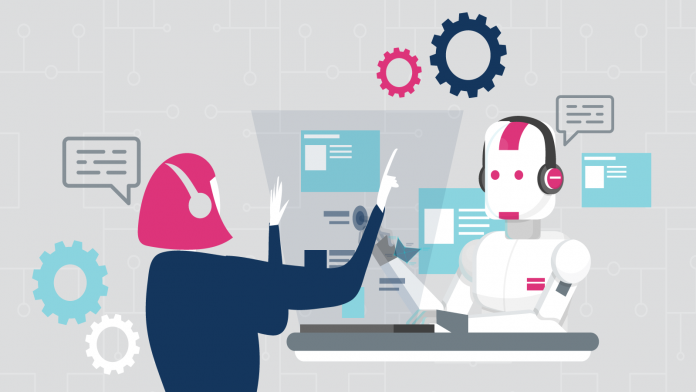Angel Yeast has taken a significant step towards modernisation and sustainability by automating its packaging line while ensuring no employee layoffs. In 2024, with the completion of the intelligent transformation of its packaging workshop, the company launched a comprehensive retraining program at its Healthy Food Industrial Park in Wujiagang District, Yichang City.
The initiative aims to enhance employees’ skills and income, with a focus on developing talent for sustainable development. This move boosts employee capabilities and reflects Angel Yeast’s long-term vision of building a resilient workforce capable of adapting to industry changes.
“The workload has been reduced by 70%, but my income has increased by 20%,” says 39-year-old worker Mou Cui, who has felt the impact of the company’s automation transformation. Through the retraining program, her skills have significantly improved, enabling her to take on new roles. Following the smart upgrades to the packaging workshop, Mou was reassigned as an operator for outer packaging, managing three production lines simultaneously. She even won first place in a recent female workers’ machine operation competition, showcasing the effectiveness of the company’s training programme.
Angel Yeast’s transformation strategy is not only about technological innovation but also focuses on people and their long-term development. In response to concerns that automation could lead to job losses, the factory’s general manager, Chen Yongqiang, stated, “We will not proactively lay off any employees.”
This commitment provides job security for staff. Through diverse training programmes, more than 10 employees have already become core operators on the new production lines and have even been promoted to managerial roles. The transformation to intelligent production lines has also significantly improved efficiency, with per capita output rising by 11% and overall labour productivity increasing by 8% in 2024.
In the context of rapid industrialisation, Angel Yeast is achieving mutual growth for the company and its employees through a dual strategy of intelligent factory reforms and workforce development. With a comprehensive career guidance and skills training programme for industrial workers, the company is not only boosting production efficiency but also ensuring frontline employees can “upgrade” along with the production lines, providing a strong model for overcoming the “machines replacing workers” dilemma.




















